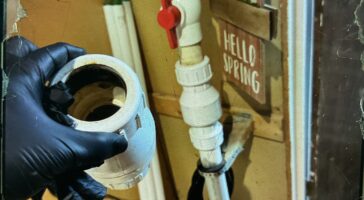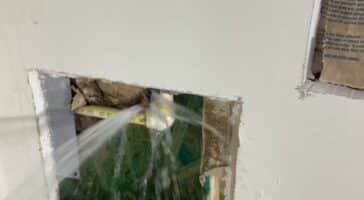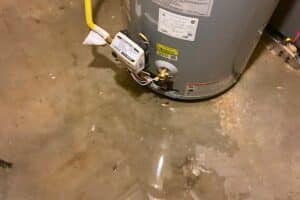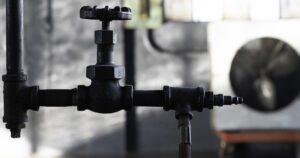How to Become a Plumber

if you’re wondering how to become a plumber, the path may be simpler and more accessible than you think—especially if you’re motivated and ready to learn on the job.
Plumbing can be a steady, well-paying, and meaningful career. Service plumbing, in particular, can be an excellent choice for those looking for honest and rewarding employment.
From installing water lines to solving emergency issues, plumbers keep homes and businesses running.
Start by Understanding How to Become a Plumber in Your State
While the general steps to become a plumber are similar across the U.S., every state has its own set of rules. Some states require apprentices to register with a licensing board or follow specific guidelines for work experience. Others rely more heavily on employers or trade organizations to structure the training.
Before you begin applying, take a few minutes to look into your state’s licensing requirements. It will help you avoid surprises later and allow you to select an apprenticeship program that meets all your local guidelines.
Military Members and Veterans: Special Opportunities to Enter the Trades
If you’re transitioning out of the military or are a veteran looking for a stable civilian career, plumbing could be a great fit. There are programs designed to help veterans start skilled trades careers—including tuition assistance, fast-track licensing, and on-the-job training with GI Bill benefits. Some employers even have veteran hiring initiatives, and plumbing companies often value the discipline, reliability, and leadership experience veterans bring to the field.
If you’re a service member or veteran, check with your local VA office or Department of Labor to learn about apprenticeship opportunities and training resources available in your area.
Explore the Plumbing Career Path
Most plumbers begin their career in entry level plumbing jobs or by applying for plumbing apprentice positions. These roles allow you to work under the supervision of a licensed plumber while learning the skills of the trade. Over time, you’ll build experience, confidence, and knowledge—eventually preparing you to earn your license and work independently.
Plumbing offers a clear career path: apprentice, journeyman, and eventually, if you choose, master plumber or business owner.
Meet the Basic Qualifications
To get started as a plumbing apprentice, you’ll need to meet a few general requirements. Most programs and employers look for:

- A high school diploma or GED
- A valid driver’s license
- Physical fitness and ability to handle tools
- A good attitude, reliability, and willingness to learn
Particularly for those wanting to become service plumbers, a clean driving record is very important. Georgia is one of the most expensive auto insurance states, so company owners maintaining a fleet of vehicles will want to know you have a healthy respect for safe driving.
Some employers may conduct background checks or drug screenings, and others may ask for references or a resume, even for entry-level roles. Background checks, again, are especially important for service plumbers who are often entering customer homes.
Apply for Plumbing Apprentice Jobs
The most common way to start your plumbing career is by applying for a plumbing apprentice job. These are paid positions that combine hands-on work with structured learning, typically referred to as a plumbing apprenticeship program. Apprenticeships also include classroom instruction to help you understand plumbing codes, safety standards, and other technical knowledge needed for the job.
You can find apprentice positions by:
- Applying directly to local plumbing companies
- Searching job boards for plumbing jobs near me
- Enrolling in a trade school for plumbing
- Connecting with a union or vocational training program
Whether you’re new to the workforce or switching careers, these roles are designed to teach you from the ground up.
Complete Your Apprenticeship
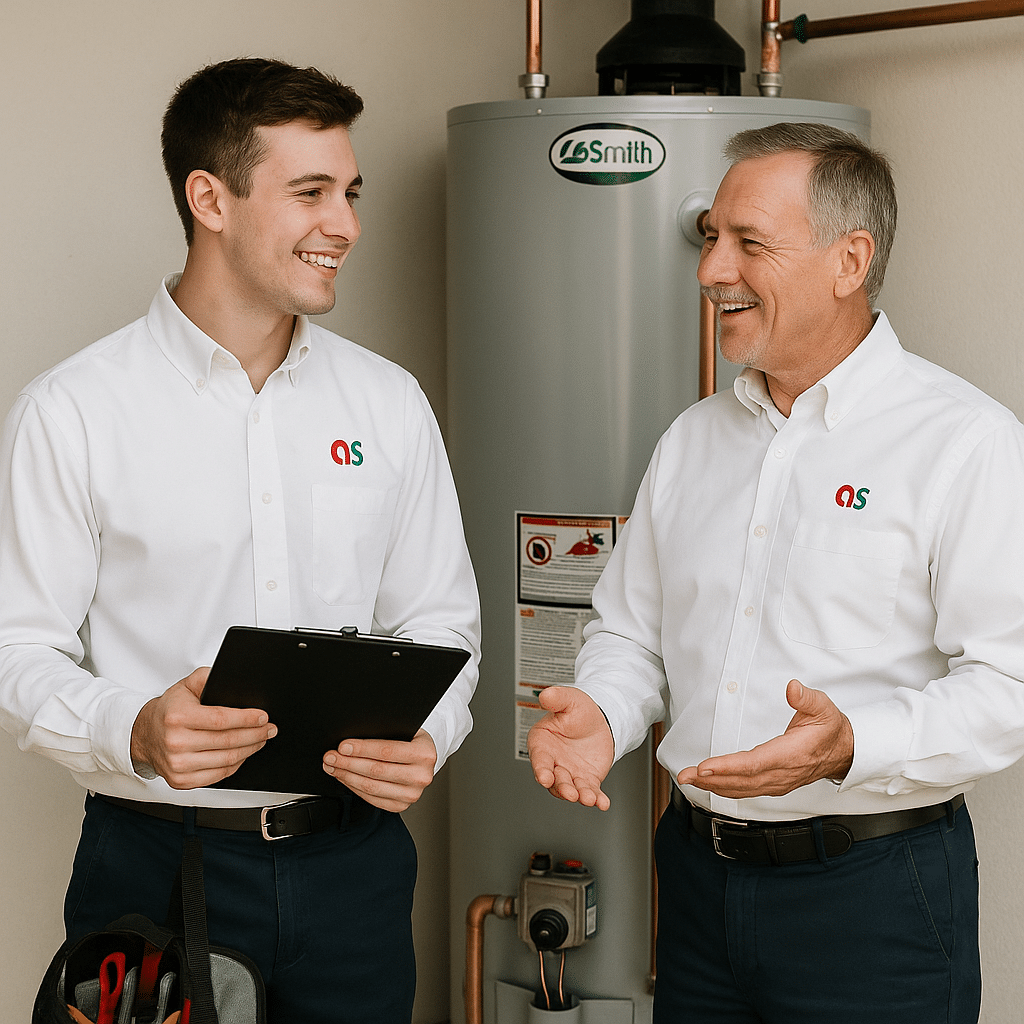
Once you’re hired, you’ll begin gaining experience on real job sites while also receiving formal instruction through your training program. You’ll learn everything from using tools and reading blueprints to troubleshooting leaks and installing systems.
More importantly, you’ll be mentored by experienced plumbers who can show you the right way to do the job—and the right way to treat customers.
Completing an apprenticeship not only gives you real skills—it also prepares you to take the next step in your career.
Earn Your Plumbing License
After completing your apprenticeship, the next milestone is earning your plumbing license. In Georgia, for example, you become eligible to take the journeyman plumbing exam after three years of working in the field. Other states may require more or less time, but the general path is the same: complete your hands-on training, demonstrate your knowledge, and pass the licensing exam.
Getting licensed proves that you’re ready to work independently and take responsibility for your projects.
Grow Your Plumbing Career
Once you’re licensed, your options open up even further. Many plumbers continue working for established companies, while others train the next generation of apprentices or pursue additional certifications. Some go on to specialize in areas like tankless water heaters, leak detection, or commercial plumbing. Others decide to open their own business.
A career in plumbing doesn’t just pay the bills—it can grow into a long-term, flexible, and highly respected profession.
Trade School for Plumbing: A Head Start Option
While not required, attending a trade school for plumbing can give you a helpful jumpstart. Trade schools often partner with plumbing companies and unions to place students directly into apprenticeship roles. If you’re someone who learns best in a classroom setting, trade school can help you build foundational skills before stepping into the field.
It also shows employers that you’re serious about your career and ready to hit the ground running.
Start Your Career with Aaron Plumbing
At Aaron Plumbing, we’re proud to support new talent entering the plumbing field. We offer plumbing apprentice jobs that include one-on-one mentorship, supportive training, and a clear path toward licensure. If you’re passionate about problem-solving, eager to learn, and ready for a job with purpose, we’d love to hear from you.
Whether you’re just starting out or making a career change, there’s a place for you on our team.
Apply now and begin your journey in one of Georgia’s most trusted plumbing companies.
Frequently Asked Questions About How to Become a Plumber
Do I need experience to become a plumbing apprentice?
No. Apprentice positions are designed for beginners. A good work ethic and willingness to learn are your most important qualifications. Any basic skills are a plus. If you can demonstrate that you’ve been exposed to manual labor in the past, that you’re open to working outside or in the field, that can help. Already having a few of the basic plumbing hand tools is also helpful, as it demonstrates a commitment to the career and makes you more useful on the jobsite.
How long does it take to become a licensed plumber?
In Georgia, you’re eligible to take the journeyman license exam after three years of plumbing experience. Timelines vary in other states.
Can I get into plumbing after serving in the military?
Yes, and there are programs specifically designed to help veterans transition into skilled trades like plumbing.
Is plumbing a good long-term career?
Absolutely. Plumbing offers job security, solid pay, and long-term growth opportunities. It’s a career that’s always in demand. Because many plumbing apprenticeships don’t require higher education courses, you can start a career without accumulating school loan debt.

